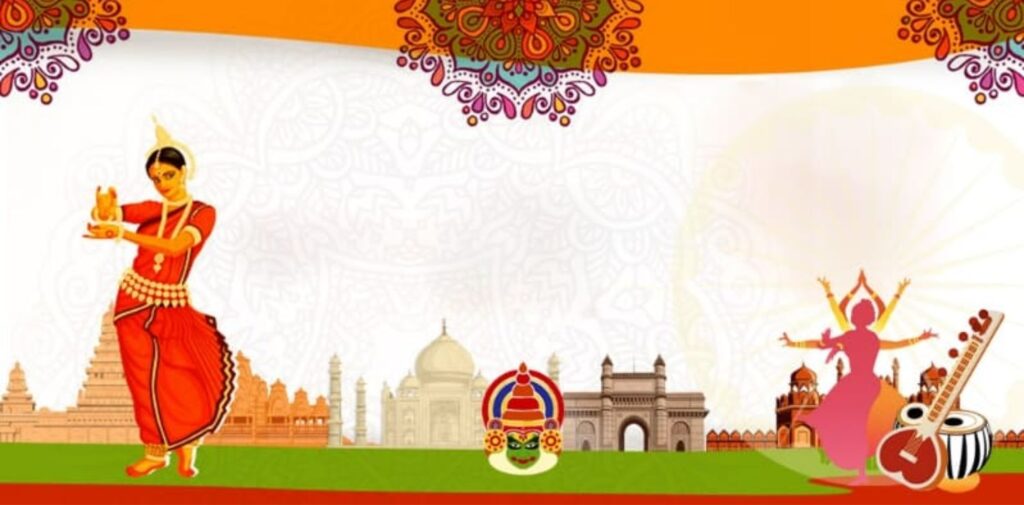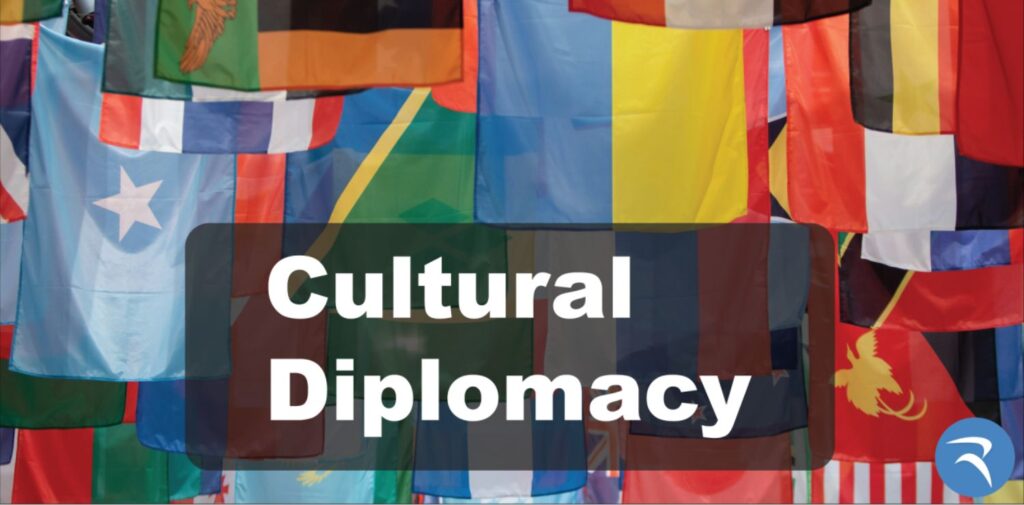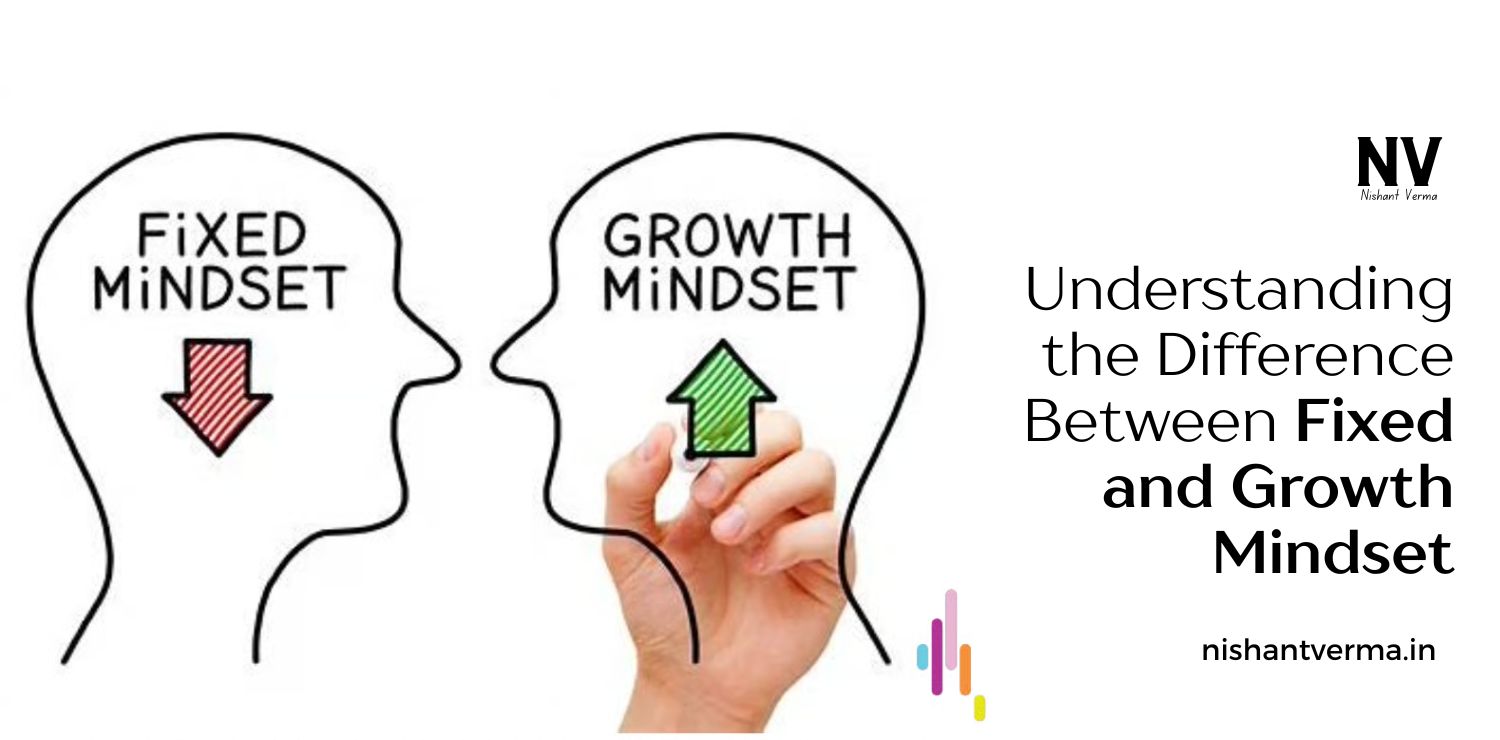Cultural diplomacy is an essential tool for fostering international relations, understanding, and cooperation. In the 21st century, the importance of cultural diplomacy has grown as countries seek to strengthen their influence globally. India Role in Promoting Cultural Diplomacy with its rich history, diverse culture, and deep-rooted traditions, has become a key player in promoting cultural diplomacy across the world. By leveraging its cultural heritage, India has been able to build strong relationships with countries, enhance its global image, and showcase its diverse identity to a global audience.
The Significance of Cultural Diplomacy
Cultural diplomacy refers to the use of a nation’s culture to promote its values, strengthen its global standing, and foster mutual understanding with other nations. Unlike traditional diplomacy, which focuses on political and economic relations, cultural diplomacy seeks to connect people through shared cultural experiences, artistic exchanges, and mutual respect. It helps in breaking down cultural barriers and creating meaningful connections that transcend borders and politics.
For India, cultural diplomacy has always been an integral part of its foreign policy. From ancient times, India’s cultural influence has spread across Asia and beyond through trade, travel, and the spread of its religious and philosophical teachings. In modern times, this cultural exchange continues to play a vital role in building international relations and promoting peace.

India’s Rich Cultural Heritage and Soft Power
One of the primary reasons India has been successful in promoting cultural diplomacy is its vast and diverse cultural heritage. India is a land of great diversity, with its many languages, religions, festivals, arts, music, and dance forms offering an incredible reservoir of cultural resources. The country’s soft power—the ability to shape global events and perceptions without using force—has been significantly shaped by its culture.
Indian classical dance forms like Bharatanatyam, Kathak, and Odissi, along with its diverse music traditions, such as Hindustani and Carnatic music, have become popular around the world. Bollywood, India’s film industry, is another powerful tool in India’s cultural diplomacy. Known for its vibrant storytelling, colorful dances, and melodious music, Bollywood films have a global audience, fostering cultural exchange and understanding.
India also draws upon its spiritual and philosophical teachings, with yoga and meditation being practiced worldwide. The spiritual philosophy of India, rooted in concepts like peace, non-violence, and mindfulness, resonates with people from different cultures and backgrounds. The global popularity of yoga and the growing interest in meditation reflect India’s ability to use its cultural heritage as a means of connecting with people across the globe.
Cultural Diplomacy in Action: Indian Initiatives
India’s efforts to promote cultural diplomacy are evident in its various initiatives aimed at engaging with different countries and cultures. The Indian government, along with cultural institutions, has been active in fostering global cultural exchange through festivals, exhibitions, performances, and academic collaborations.
One such initiative is the Indian Council for Cultural Relations (ICCR), which was established to promote Indian culture abroad and build bridges with foreign nations. The ICCR organizes cultural events, art exhibitions, performances, and scholarships for international students. By bringing Indian culture to foreign countries, the ICCR plays a key role in enhancing India’s soft power and global influence.
Another notable initiative is the Namaste India Festivals held in several countries around the world. These festivals showcase various aspects of Indian culture, including dance, music, fashion, cuisine, and spirituality. Such events not only provide entertainment but also educate people about the diverse and rich cultural heritage of India, fostering a deeper understanding of the country.
India also celebrates cultural exchange programs where artists, musicians, and dancers from India travel across the globe, performing and sharing their talent with international audiences. The Indian diaspora, which is widespread across the world, plays a significant role in promoting Indian culture and heritage. By hosting cultural events and celebrations in their adopted countries, the Indian diaspora contributes to the continued popularity of Indian culture.

Building Stronger International Relations
Cultural diplomacy has helped India establish and strengthen its relations with several countries, particularly in Asia, Africa, and the West. India’s cultural outreach has opened doors for trade, tourism, and collaboration in other sectors. For example, India has used its cultural ties to strengthen relations with its neighbors like Sri Lanka, Nepal, Bangladesh, and Bhutan. Shared cultural practices, religious ties, and festivals have helped India build strong regional partnerships.
In Africa, India has used cultural diplomacy to enhance its ties with various African nations. Through initiatives like the India-Africa Forum Summit, India has engaged in cultural exchanges, helping African nations tap into India’s experiences in areas like education, art, and traditional medicine. Similarly, India has reached out to countries in the Middle East, Southeast Asia, and Latin America to promote its culture while exploring mutual areas of interest.
India’s relationship with the United States has also benefited from cultural diplomacy. With the significant Indian diaspora in the U.S., Indian culture has become an integral part of American society. Cultural programs, Bollywood events, and yoga classes have helped foster goodwill and a better understanding of Indian values and traditions. Furthermore, India’s soft power has been instrumental in bringing attention to India’s growing economic and political influence.

The Role of Technology in Cultural Diplomacy
In the digital age, technology has opened new avenues for cultural diplomacy. India has embraced the power of digital platforms and social media to promote its culture to a global audience. With the rise of online streaming platforms like Netflix, Amazon Prime, and YouTube, Indian films, music, and television shows are now accessible to audiences worldwide.
Social media platforms like Instagram, Twitter, and Facebook also serve as effective tools for promoting cultural exchange. Indian cultural institutions, government bodies, and even individual artists use these platforms to share videos of performances, art exhibitions, and even educational content. This virtual cultural outreach has allowed India to engage with a much larger, global audience, especially during the COVID-19 pandemic when in-person cultural events were limited.
The rise of online learning platforms has also contributed to the global spread of Indian culture. Yoga and classical music courses, along with virtual tours of Indian historical sites, are now available to people around the world, enabling them to connect with Indian traditions in a meaningful way, regardless of their geographical location.
Challenges and the Way Forward
While India’s cultural diplomacy has been successful in many ways, there are still challenges that need to be addressed. The global recognition of Indian culture is still limited in certain regions, and there is often a lack of understanding of the country’s diversity. To overcome these barriers, India must continue to invest in initiatives that promote inclusivity and the celebration of its diverse culture, ensuring that all aspects of its heritage are represented.
Additionally, the digital divide remains a challenge. Not everyone has access to the internet or modern technology, especially in rural areas. Therefore, it is essential for India to balance digital cultural diplomacy with traditional methods, such as cultural exchange programs and on-ground initiatives that reach diverse communities.
India’s role in cultural diplomacy will continue to grow as it navigates its position in an increasingly interconnected world. By building strong cultural ties, India can help foster greater global understanding and cooperation, ultimately contributing to peace and prosperity worldwide.
Conclusion: India Role in Promoting Cultural Diplomacy
In the 21st century, India has emerged as a global leader in cultural diplomacy. By leveraging its rich cultural heritage and traditions, India has been able to connect with nations worldwide, fostering mutual understanding and cooperation. Whether through artistic exchanges, film, music, or yoga, cultural diplomacy plays a crucial role in strengthening India’s global position. With continued efforts, India’s cultural outreach will not only enhance its soft power but also contribute to a more interconnected and peaceful world.




